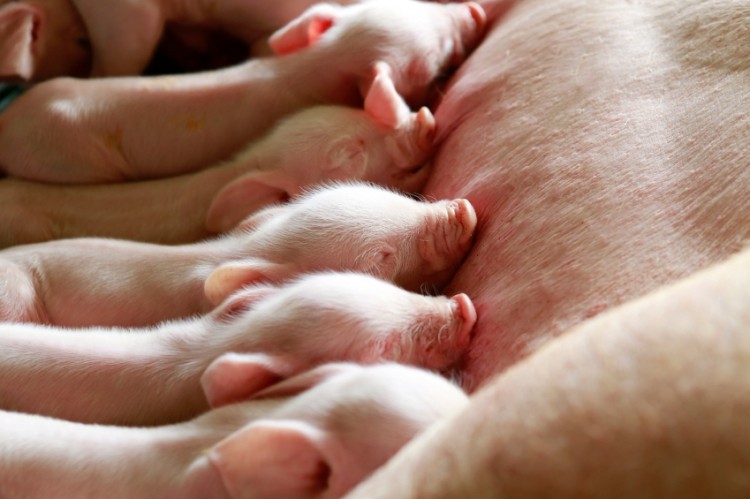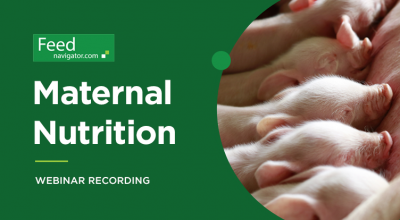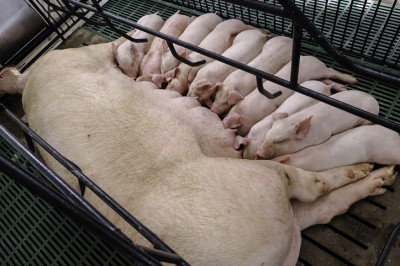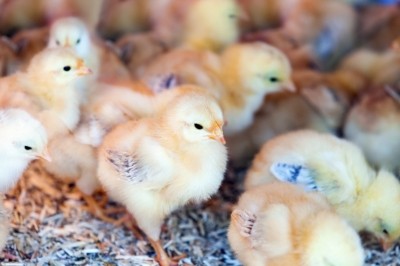Collaborative maternal nutrition the future: ‘We’ve got to stop partitioning’

Phil Hynd, president of the Australian Society of Animal Production (ASAP) and professor at Adelaide University, said feed makers, genetic scientists and animal health and welfare experts had to come together.
“We’ve split nutrition from genetics from physiology – we tend to talk about those as if they’re all separate. But, the reality is the boundaries between those disciplines are rapidly disappearing because nutrients influence genes; the response to nutrients depends on the genes; the genes and nutrients influence behavior; you know behavior influences welfare,” he told FeedNavigator.
“We’ve got to stop partitioning animals up into little bits and start looking at them as a whole again, and we’ve got the tools to do that now.”
Referencing ASAP’s July conference Animal Production 2016 held in Adelaide, Hynd said collaboration had started, or at least the idea of it had, but industry also had to get consumers involved.
“We’ve tended to do science on our own and we’ve got to stop doing that. We’ve got to do science with consumers at the table.”
Gene expression and fetal development
Hynd said technology advances and research meant it was a very exciting time for maternal animal nutrition.
“Before, it was more generic protein, vitamins and minerals. Now, we talk about nutrients that can influence gene expression in a developing embryo.
…What I think we will find is there will be specific feed additives provided at specific times of fetal development that set the animal up for life – for a healthier, happier life. I can’t tell you what those will be, but what we’re looking at, at the moment, is specific nutrients that are targeted at turning genes on and off - the immune system, for example, to make it more efficient and the animals less prone to disease,” he said.
The professor said future R&D had to be focused on this interaction of nutrients in fetal programming and development.
“Setting up a lifetime of animal health through nutrition management of pregnant animals, or in birds, in the mother before egg laying, to me is the exciting bit of what’s going on.”
Nutrition better understood…
Hynd acknowledged that maternal nutrition was no new concept to industry, with many major players in feed and animal production dedicated to fetal programming and epigenetics already. But, he said the importance of it was only just being fully understood.
“We knew the mothers’ environment had an effect, like if you have small babies they have various issues in life, but what we’re finding out now is that it’s even more sophisticated than that. You can program in very short windows of time in the fetus; you can set up its immune system to be more robust, for example.
And, in the last five to ten years, we’ve realized this is major. We always thought that genetics was the big one and nutrition was the big one, but this maternal focus is really a big thing - maternal health, nutrition and welfare - because her welfare influences the development of a progeny.”








